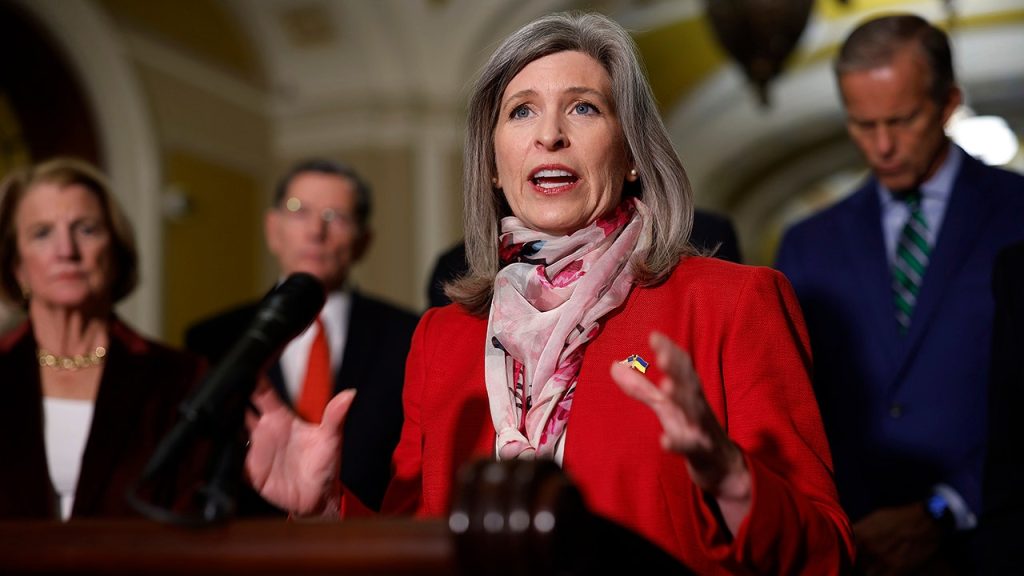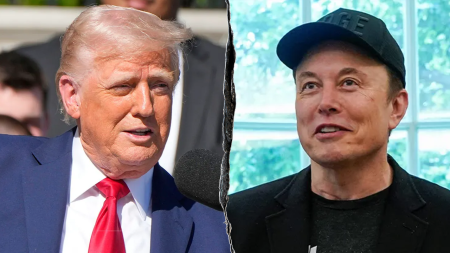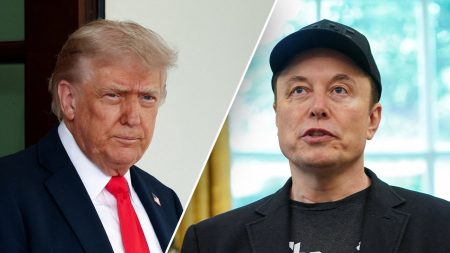Senator Joni Ernst’s “DRAIN THE SWAMP” bill proposes a significant restructuring of the federal workforce, aiming to decentralize operations and reduce government waste. The bill mandates the relocation of 30% of federal agency staff outside the Washington, D.C. metropolitan area, a move intended to reconnect bureaucrats with the citizens they serve and diminish the perceived disconnect between the federal government and the American public. This relocation effort is coupled with a requirement for the remaining D.C.-based federal employees to work full-time in-person, a measure designed to enhance productivity and accountability. The bill further directs the Office of Management and Budget (OMB) to sell the vacated office spaces, generating revenue for taxpayers and reducing the federal government’s physical footprint. Ernst argues that this initiative addresses not only perceived inefficiency but also responds to the expressed desires of federal employees themselves, many of whom have indicated a preference for working outside the D.C. area.
Ernst’s bill reflects a broader concern about the concentration of federal power in Washington, D.C., and the perceived disconnect between bureaucrats and the citizens they are supposed to serve. The bill’s title, “DRAIN THE SWAMP,” evokes a popular political slogan emphasizing the need to reduce government waste and inefficiency. Ernst contends that relocating federal workers will improve government services by fostering closer connections between agencies and the communities they impact. The bill also aims to save taxpayer money by selling off now-unused federal office buildings in the D.C. area, a further contribution to the “draining the swamp” metaphor. This effort aligns with the stated goals of the Department of Government Efficiency (DOGE) caucus, which Ernst leads in the Senate.
The impetus for this bill stems from Ernst’s investigations into federal agency operations, which she claims have revealed widespread inefficiency and a lack of focus on core responsibilities. She argues that relocating employees outside the D.C. “bubble” will force them to engage more directly with the public and better understand the impact of their work on everyday Americans. The mandatory in-person work requirement for remaining D.C.-based employees further aims to enhance productivity and accountability, ensuring that taxpayers receive a full day’s work for a full day’s pay. These combined measures, Ernst believes, will create a more efficient and responsive federal government.
The DRAIN THE SWAMP initiative aligns with former President Donald Trump’s stated goal of establishing DOGE, an advisory board focused on streamlining government operations and reducing waste. With Trump’s announcement of DOGE ahead of his potential second term, Ernst’s bill positions her as a key player in this effort, ready to implement concrete changes to address long-standing concerns about bureaucratic bloat and inefficiency. The companion bill in the House, introduced by Rep. Aaron Bean (R-Fla.), underscores the bipartisan support for this initiative and the seriousness with which Republicans in both chambers are approaching the task of reforming the federal government. This initiative suggests a concerted effort within the Republican party to address government inefficiency.
The proposed DOGE advisory board, as envisioned by Trump, would be led by Elon Musk and Vivek Ramaswamy, figures known for their disruptive approaches and emphasis on efficiency. Their involvement suggests a commitment to radical reform and a willingness to challenge established bureaucratic norms. The formation of DOGE caucuses in both the House and Senate further reinforces this commitment, providing a platform for legislators to develop and promote legislation aimed at fulfilling DOGE’s mandate. The DRAIN THE SWAMP bill, along with other potential reforms emerging from these caucuses, signals a potential wave of deregulation and restructuring aimed at streamlining the federal government.
The bipartisan support for DOGE and the introduction of bills like DRAIN THE SWAMP highlight a growing concern within Congress about the size and scope of the federal government. The emphasis on reducing waste, improving efficiency, and relocating federal employees suggests a shift in focus towards a more streamlined and responsive government. The success of these initiatives will depend on their ability to navigate the complexities of bureaucratic reform and overcome potential resistance from entrenched interests within the federal government. However, the initial momentum and bipartisan support for DOGE suggest a real possibility for significant changes in the structure and operation of the federal workforce.










